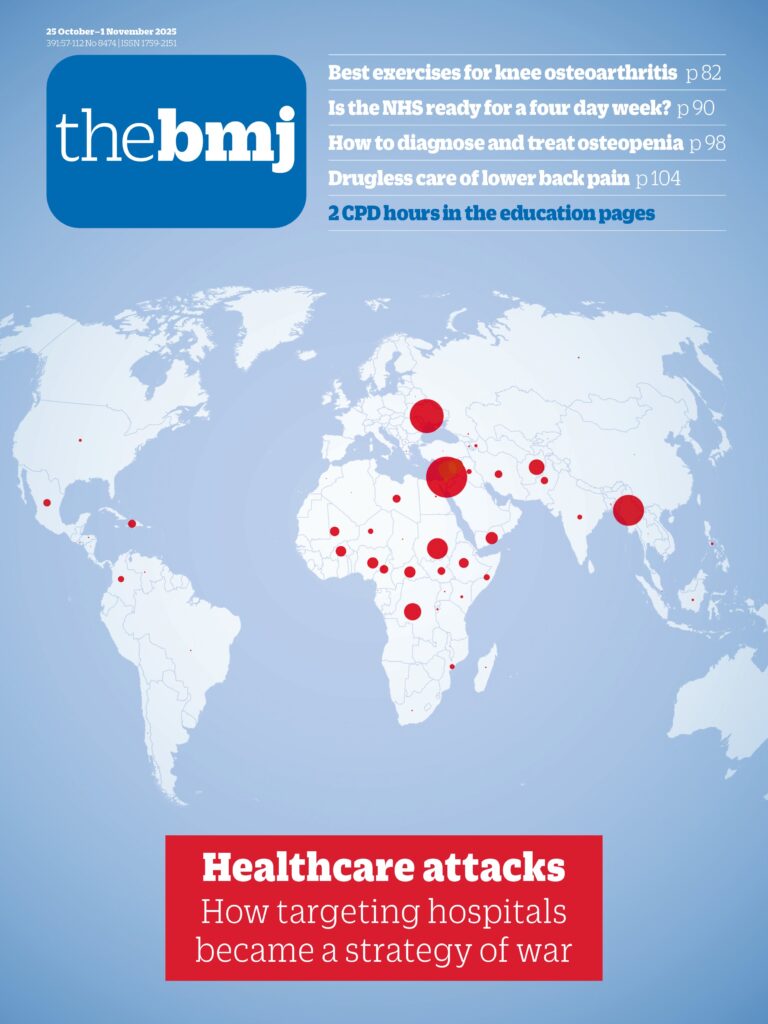- Elgan Manton-Roseblade, medical student12
- 1The University of Edinburgh, Edinburgh, UK
- 2UK Medical Students Committee, BMA
- Correspondence to: E Manton-Roseblade e.mantonroseblade{at}outlook.com
In 2024, only 70.8% of the 50 023 NHS medical staff who were surveyed felt confident raising patient safety concerns.1 The same year, the BMA found that an increasing number of doctors were staying silent for fear of retribution.2
Improving the culture of speaking up is a priority for the NHS,3 but often the problem doesn’t start in the health service—but at medical school. A decade ago, the Freedom to Speak Up report called for a culture of safety to be fostered in educational settings.4 For some students, misused professionalism standards and threats of fitness to practice proceedings send a message that speaking up can put you at risk of punishment. We need a national review of student experiences to understand how, and why, this culture has been created.
What help do students need so they can speak up?
Doctors and medical students have a professional duty to raise concerns about patient safety; understanding this is a GMC curriculum requirement.5 Students are a vulnerable group when speaking up, they are impacted by hierarchical barriers and might fear academic detriment.36 To tackle this, good teaching is essential so that students can recognise bad practice, understand why raising concerns matters, and …

